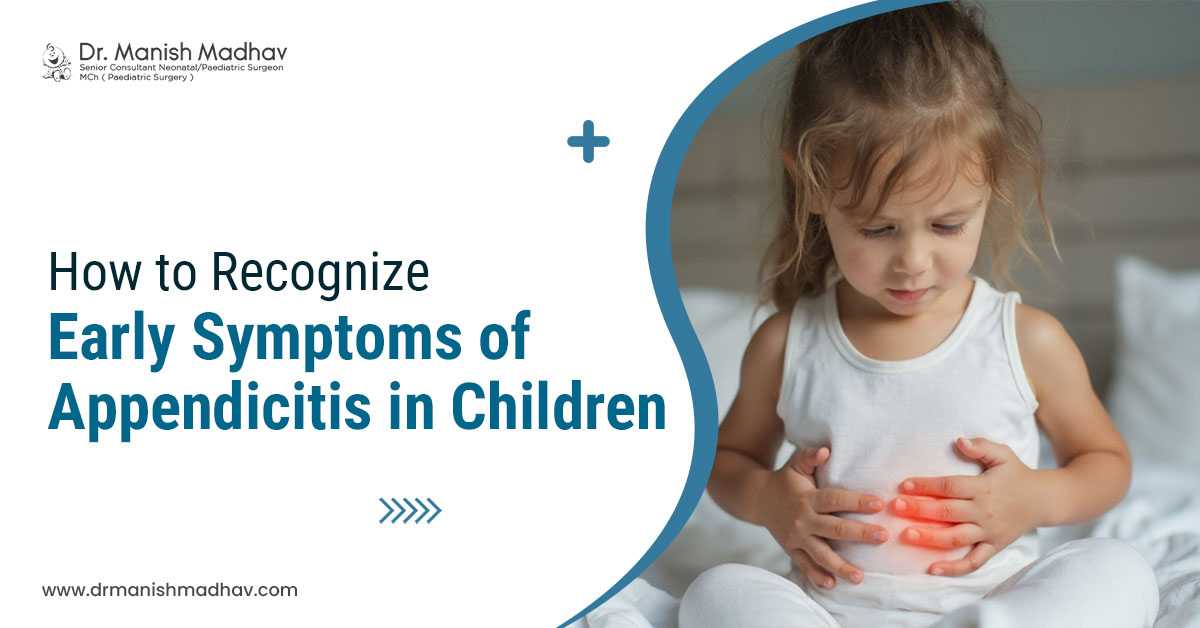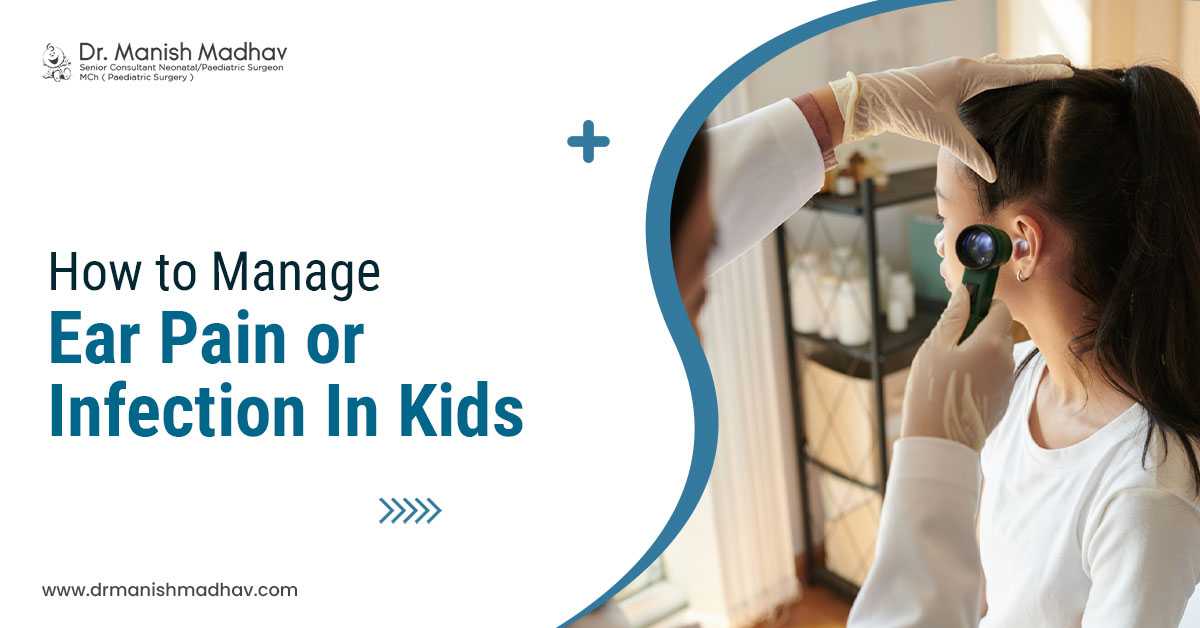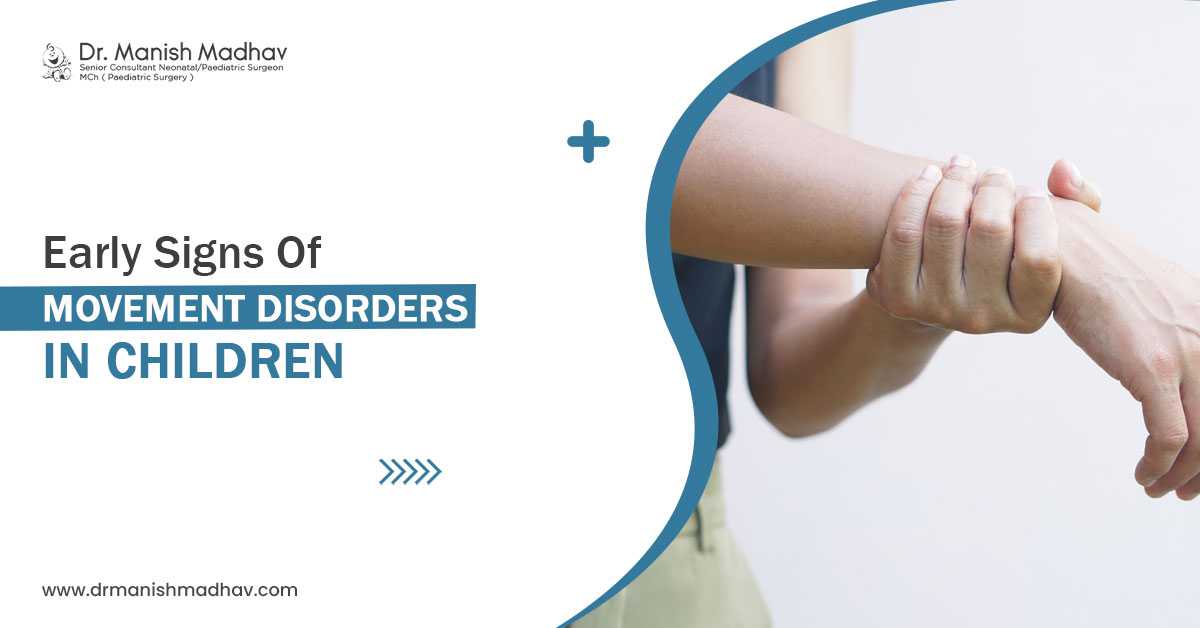Repetitive or unusual movements in kids are common but concerning. Many children facerepetitive or involuntary movements sometimes, such as spasms, rigidity, abnormal postures, tremors, or jerks. The reason can be stress or physiological. For your little one’s well-being, you can consult the best neuro paediatrician in Siliguri.
Movement disorders in children are concerning for parents because these can affect a child’s development and overall quality of life. While some unusual movements may be an issue, certain signs may indicate an underlying neurological condition.
Diagnosis under a medical expert is vital. Understanding the early signs of movement disorders in children can help parents seek timely medical support from a paediatrician.Child specialists will help with better outcomes and management.
Overview of Movement Disorders
Movement disorders are of a wide range. These are neurological conditions that affect a child's ability to control their physical movements, which can cause movements to be excessively slow, rigid, jerky, shaky, involuntary, or repetitive.
Such disorders may be present from birth or develop later in life (during childhood).Effective treatments are available to help better walking, speaking, writing, and performing daily activities.
Knowing the Early Signs of Movement Disorders
This reading will help you identify movement disorders in children through their early signs. However, these are downright challenging to detect the exact type and severity of the condition.
Here, one of the first signs of a possible movement disorder in kids is a delay in reaching motor milestones. These include sitting up, crawling, standing, walking, etc.Signs to watch for:
- Not walking by 18 months.
- Not holding their head steady by 4 months.
- Not sitting independently by 9 months.
- Ongoing clumsiness when running, or using hands to grasp or hold objects.
Medical attention is vital to the diagnosis of movement disorders in kids. Also, diagnosis helps detect whether it’s concerning or not involving an underlying condition.
Unusual Muscle Tone
Muscle tone in kids means the amount of tension in a muscle when it is at rest. Children with movement disorders may have abnormal muscle tone, such as:
- Stiff or rigid limbs in a baby’s arms or legs. It feels unusually stiff or they may have difficulty bending or straightening their limbs, which can be a sign of hypertonia.
- Floppiness or low muscle tone may present. Children may have trouble holding up their heads, or struggle to sit and crawl. You can consult the best neuropediatrician in Siliguri City.
Uncontrolled Movements
Involuntary movements are common in children, but nothing to overlook or ignore. This can be a sign of several movement disorders in children and may include:
- Tremors, such as small, rhythmic shaking movements of the hands or legs. Rapid, jerky, and unpredictable movements that travel from one part of the body up to another.
- Involuntary muscle contractions in kids that cause repetitive movements or abnormal postures.
- Tics are sudden, brief, repetitive movements or vocal sounds in kids, including throat clearing, eye blinking, shoulder shrugging, etc. These need medical attention as tics are commonly associated with Tourette Syndrome.
Difficulty Keeping Balance
Children with movement disorders may have trouble with coordination and balance, such as difficulty walking or catching something.
As a parent, you may notice frequent stumbling or falling. Difficulty with tasks like drawing, handwriting, or using utensils is also seen here. Further, you may notice your child is walking unusually unsteady. It may indicate ataxia, a medical condition that exclusively affects balance and coordination.
Abnormal Posturing
Abnormal postures are another movement concern in kids. These occur when a child’s muscles contract involuntarily, causing them to twist into abnormal positions, including:
- Twisting of the neck (torticollis)
- Unusual hand postures (clenched fists or fisted hands)
- Toe walking for years without an orthopedic cause
Seeing a doctor is invaluable because a doctor can detect the exact issue and provide the best possible health support for your child. You might consider visiting the top neuro paediatrician in Siliguri, North Bengal.




